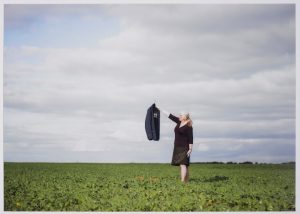
PORTRAIT OF CAROLINE,TRANS MILITARY VETERAN
Caroline will present at our full day of talks about LGBT
History on “True Colours: Trailblazing Transgender Service in the Military.”
Caroline Paige is a transgender woman who retired from the RAF in November 2014, after a 35-year flying career that took her to wars and conflicts in Europe, the Middle East and Asia. In 1999 she became the first Officer in the British Armed Forces to transition gender, a year before the bar on LGB service was lifted.
For the next sixteen years, she trailblazed transgender military service, earning awards for exceptional work in Iraq and Afghanistan, and securing the precedent for transgender people to serve on the frontline. She also helped to shape and evolve Armed Forces Policy, regarding the retention and recruitment of transgender personnel, and worked as a mentor, trainer and adviser, helping to make today’s military the open and supportive organisation it has become for LGBT personnel.
Caroline now has her own business, helping teach battlefield skills to European military helicopter aircrews. She also volunteers as a Stonewall School Role Model, talks publicly to raise awareness of transgender lives, and her autobiography True Colours is being released on 23rd Feb 2017 (Visit the Biteback Publishing website for more information.)
Caroline’s talk
In the latter half of the 20th Century the British military barred LGBT service, on the grounds of ‘inappropriate behaviour’, ‘morale’and ‘susceptibility to blackmail.’ In 1999, Caroline Paige became the first officer in the British Armed Forces to transition gender whilst still serving, a year before the bar on LGB personnel was repealed. For the first time, LGBT personnel could serve their country openly, without the fear of harassment or dismissal.
True Colours is Caroline’s first-hand account of being transgender in the British Armed Forces throughout this remarkable period of LGBT History, in peacetime and in war. During her talk, Caroline reveals many of the consequences of being LGBT in the military before permissive service was granted, but the years following her transition weren’t easy. Opinions within and outside the military were divided, but the negative outshouted the positive. It presented complicated challenges, and a need to prove that being transgender wasn’t reason to be withheld from frontline operations.
Years later, in Iraq and then Afghanistan, the legacy of a hostile past still revealed itself. But change always takes time, and using her success to inspire acceptance and support, to educate and advise, Caroline was at the heart of change; helping trailblaze a pathway to the open and inclusive service enjoyed by today’s LGBT personnel. True Colours is a unique account that spans the dark days of LGBT military history in the 20th Century, and the enlightened and permissive environment of today.
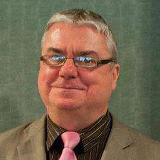
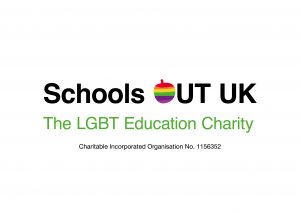
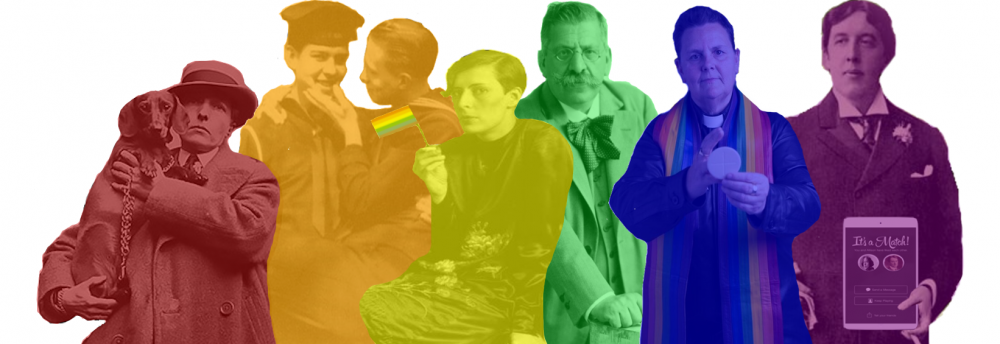
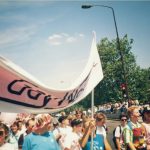
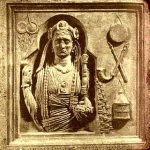
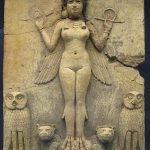

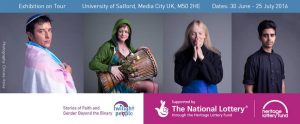

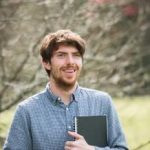 History
History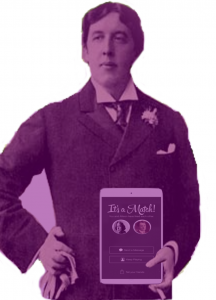
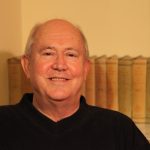 Peter Scott Presland has been a gay journalist, playwright, cabaret performer and songwriter since 1971. As a writer he has won a double Fringe First and been twice nominated for Best Musical, once in Britain and once in Canada. His plays include ‘Latecomer’, ‘Leather’, and ‘Teatrolley – or a Midsummer Night’s Scream’. His short stories have appeared in several anthologies, and he was a regular columnist for ‘Capital Gay’ and ‘Axiom’ magazine. Since 2010 he has been working on the ‘official’ history of the doyen of LGBT campaigning organisations, the Campaign for Homosexual Equality, and its times. Conceived as a trilogy, ‘Amiable Warriors’ is encyclopaedic in its scope but no hagiography. The first volume, A Space to Breathe, was published in 2015 and covers the period of 1954 – 1973; it draws heavily on the CHE Archives at the LSE, and on interviews with over 20 people who were around at the time. “History should be living, inspirational, partisan, gossipy and scurrilous,” he says. “And to hell with Queer Studies!”
Peter Scott Presland has been a gay journalist, playwright, cabaret performer and songwriter since 1971. As a writer he has won a double Fringe First and been twice nominated for Best Musical, once in Britain and once in Canada. His plays include ‘Latecomer’, ‘Leather’, and ‘Teatrolley – or a Midsummer Night’s Scream’. His short stories have appeared in several anthologies, and he was a regular columnist for ‘Capital Gay’ and ‘Axiom’ magazine. Since 2010 he has been working on the ‘official’ history of the doyen of LGBT campaigning organisations, the Campaign for Homosexual Equality, and its times. Conceived as a trilogy, ‘Amiable Warriors’ is encyclopaedic in its scope but no hagiography. The first volume, A Space to Breathe, was published in 2015 and covers the period of 1954 – 1973; it draws heavily on the CHE Archives at the LSE, and on interviews with over 20 people who were around at the time. “History should be living, inspirational, partisan, gossipy and scurrilous,” he says. “And to hell with Queer Studies!”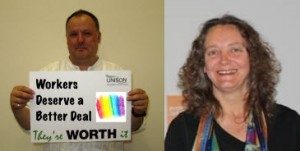
 Dominic Janes
Dominic Janes